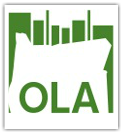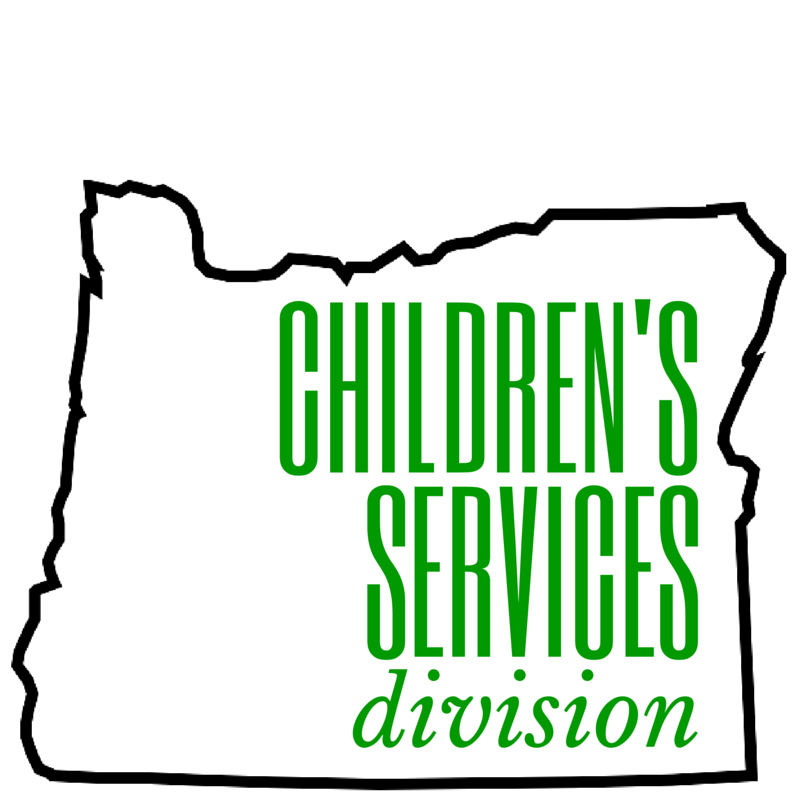Working with Your HUB
|
Work with other libraries in your hub region to share and coordinate the responsibilities.
Make meetings a priority.
|
Acronyms & Definitions
Activity Ideas
Advocacy
Best Practices
Contact Directory
| ||||||||||||||||||||||||||||||
Take the initiative and don’t be shy.
Persevere.
Be explicit and intentional about offering your services.
Listen and learn.
- Be vocal and be visible.
- Contact the hub and ask if you can attend meetings.
- Ask for other hub partners contact information.
- Ask hub leaders what you can do. Have conversations with stakeholders about what you can offer.
- Communicate openly with your hub directly.
- Take charge of the whole thing if you can!
- Request regular communication from hub leaders around what monies are available, what the priorities of the hub currently are, and how the library could influence the direction of future work.
- Become a hub member. I think it helped us to have the library director participate as most of the people at our hub meetings are top management, school superintendents, directors of non-profits, etc.
Persevere.
- Don’t be discouraged by what may seem a clique due to many early education people having already worked together.
- Keep going to meetings and trying to participate despite the difficulties, confusion, and slow forward momentum.
- Hub work can be overwhelming. The face-to-face relationship-building (as described under ‘Networking’) might help personalize it for both of you.
- Be patient. Pretty soon they’ll see how important you are!
- It takes time.
- Do your best to make it happen.
- It takes time and definitely has a learning curve. I sat in meetings only listening and telling them what the library was doing for most of the first year before we participated in an activity together.
Be explicit and intentional about offering your services.
- After you identify things you’re already doing that your hub is hoping to achieve, offer up those library services as ways to achieve their goals. Offer storytimes, trainings, meeting room space, partnering on grants.
- Offer to do outreach to other agencies in the hub, whether to staff or to their families directly.
- Be ready with ideas and ways you can help them achieve their goals.
- Be flexible. Use rules/policies as guidelines to find solutions, not barriers to service.
- Networking with partners is crucial.
- Create connections you need to other organizations and your school district. The school district representatives at our hub meeting seemed surprised to learn that the library thinks early literacy is an important role for the library play in the community. They were pleased to hear about the early literacy services we currently offer.
- It can be helpful to identify an active hub member who also works at a separate organization in your service area. Find a way to build a relationship with that person in their role at their local organization, either by partnering on a project or just checking in regularly to share information. You can learn a lot about the hub by building relationships with someone more directly involved.
- Get to know the key people in your hub and educate them about what the library is already doing and how you can work together.
Listen and learn.
- Ask gentle questions so that you can better understand.
- Get to know the lingo, people, what’s out there, and then see how you can fit into the early literacy discussion.
- Listen and bring along flyers about your early literacy activities.
- Take advantage of the advice of those represented in the group. Have open communications in your library between the library hub representative and the other library staff so that the library maximizes the hub involvement effectively.
- Listen for and identify things that you are already doing that your hub is hoping to achieve. I think you will surprise your hub with what libraries are already doing that support their goals. Listen for and identify things you have in common with other hub partners and ways you can compliment each others’ work.
- Many of the organizations you already work with are part of the hub. It is useful to see how they are working together to close service gaps in our region.
- Other people and organizations involved in the hub are eager for libraries to take on important roles in hub efforts.

